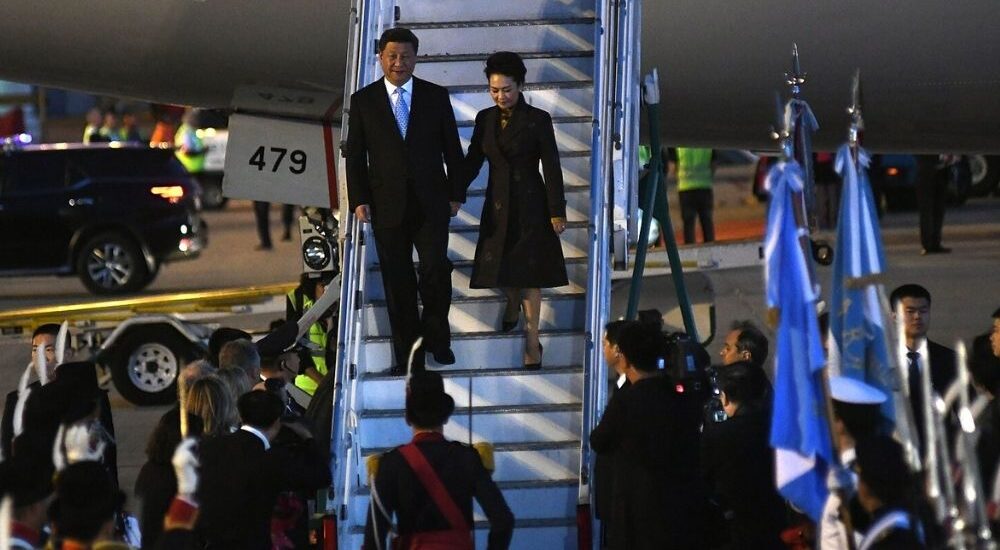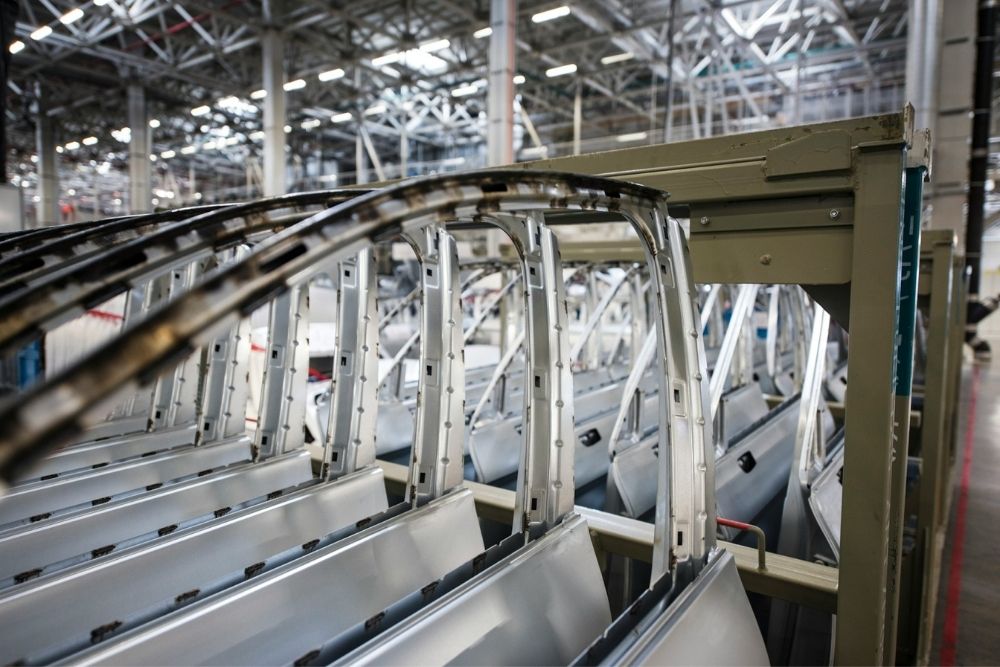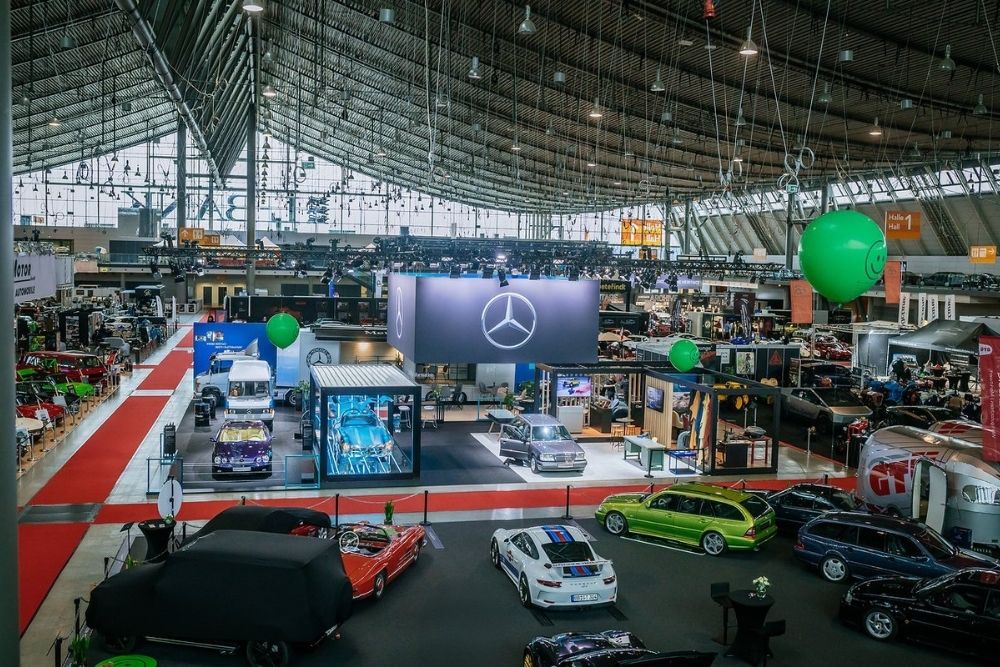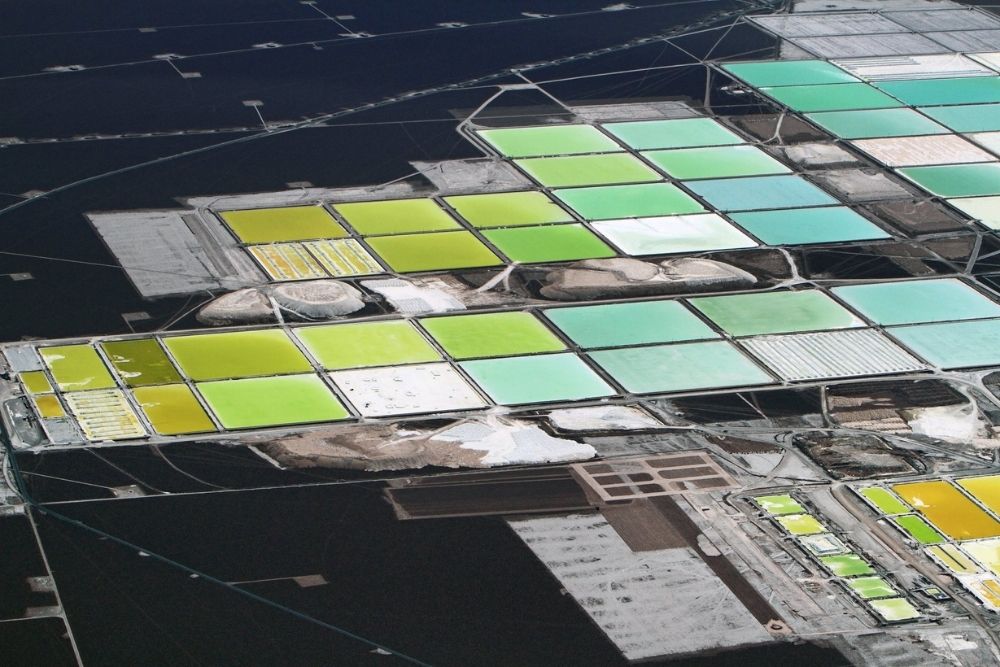Chinese president Xi not expected to attend the G20 summit
- August 31, 2023
- Posted by: Quatro Strategies
- Categories: Business & Politics, China

Chinese President Xi Jinping is expected to skip the upcoming G20 summit in India, according to sources familiar with the matter. Instead, Premier Li Qiang is likely to represent China at the summit, scheduled for September 9-10 in New Delhi. The summit was seen as a potential opportunity for Xi to meet with US President Joe Biden, who has confirmed his attendance. The absence of Xi could impact efforts to stabilize relations between the US and China, which have been strained by various trade and geopolitical tensions.
Russian President Vladimir Putin has already announced that he won’t be attending the G20 summit and will send Foreign Minister Sergei Lavrov in his place. The absence of both Xi and Putin could impact the dynamics and discussions at the summit. It’s unclear why Xi is expected to skip the event, and Chinese officials have not provided a reason for this decision.
The anticipation of a meeting between Xi and Biden has been fueled by recent visits of top US officials to Beijing, including Commerce Secretary Gina Raimondo’s visit this week. The two leaders last met on the sidelines of the G20 summit in Bali, Indonesia, in November of the previous year.
Another potential opportunity for a face-to-face meeting between Xi and Biden is the Asia-Pacific Economic Cooperation Leaders Meeting in San Francisco in November. However, Xi’s overseas trips have been limited since China eased its pandemic-induced border controls this year. He attended a meeting of leaders from the BRICS countries (Brazil, Russia, India, China, and South Africa) in South Africa last week.
China’s decision to skip the G20 summit could have implications for discussions on various global economic and geopolitical issues. It remains to be seen how this absence will affect the relationships between the participating countries and the outcomes of the summit.
Interested in learning more?
Sign up for Top Insights Today

Top Insights Today delivers the latest insights straight to your inbox.
You will get daily industry insights on
Oil & Gas, Rare Earths & Commodities, Mining & Metals, EVs & Battery Technology, ESG & Renewable Energy, AI & Semiconductors, Aerospace & Defense, Sanctions & Regulation, Business & Politics.


